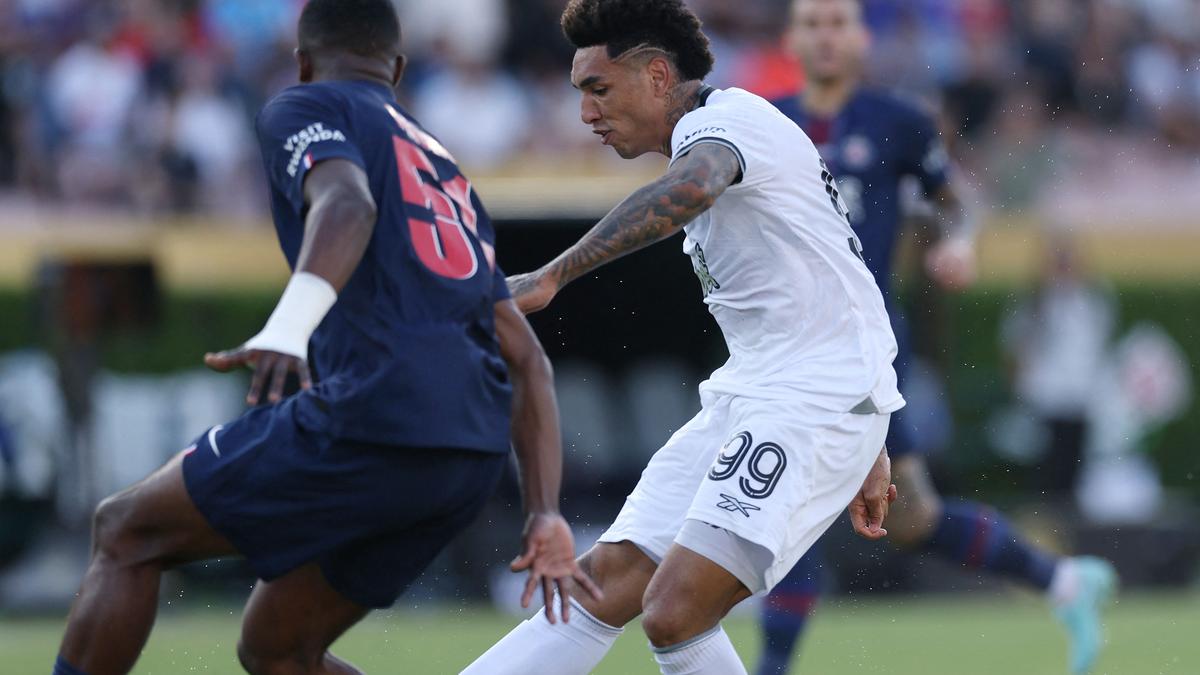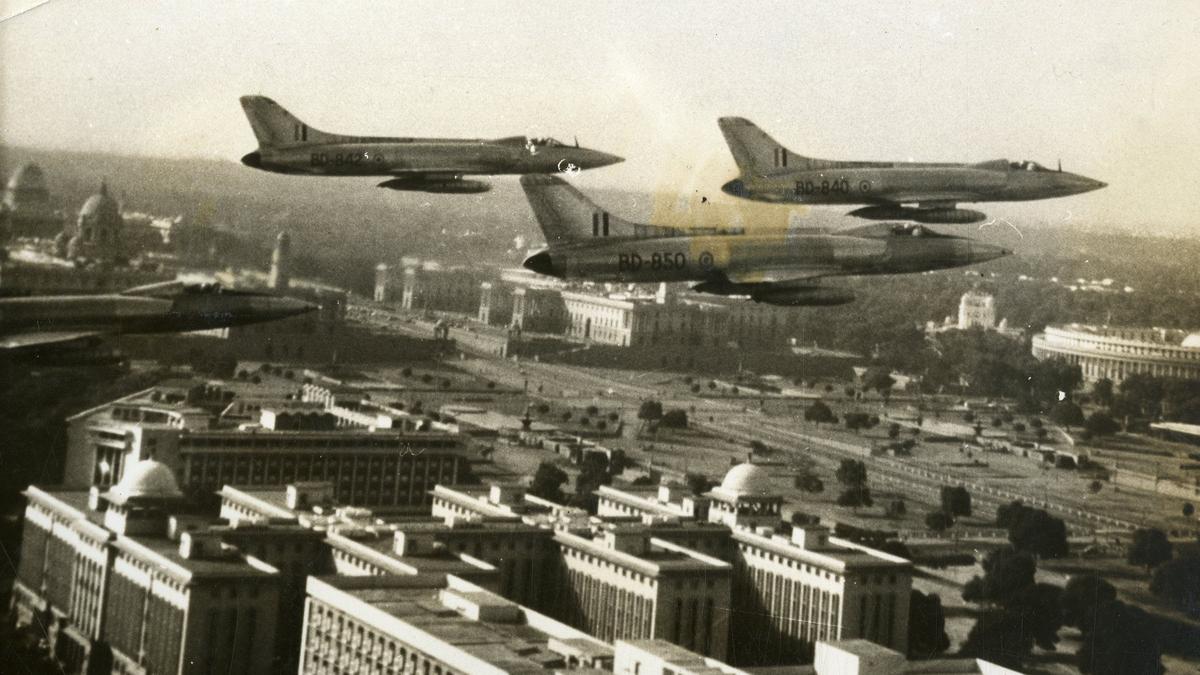Will boost cervical cancer research in next term: PM
NEW DELHI: PM Narendra Modi on Friday expressed his govt’s commitment to allocating funds to scientists for local research in cervical cancer. During an interaction with Microsoft co-founder Bill Gates, Modi emphasised the need to develop vaccines at minimal cost to protect girls across the country.
Modi said in his next term, his priority would be to significantly invest in this research “to safeguard the lives of India’s daughters“.
“In coming days, I want to talk about cervical cancer, especially for our daughters. I want to give a budget to our scientists in India. And I want to tell them to do local research on this as well and make a vaccine. And with very little money, I want to vaccinate all the daughters in my country. I am working in that direction these days. When my new govt is formed, it will allocate funds to scientists for local research in cervical cancer because we want to vaccinate all girls,” he said.
Cervical cancer is the second most prevalent cancer in women in India.
PM: For unity in Covid fight, called for clanging utensils, despite ridicule
The top five cancers among Indian women were found to be those of the breast, cervix, ovary, mouth and colorectum. The top five cancers among men were those of the oral cavity, lung, oesophagus, colorectum and stomach.
Last September, Serum Institute of India CEO Adar Poonwala had said that the company’s cervical cancer vaccine will be available in the range of Rs 200-400. Imported vaccines cost anywhere between Rs 2,000 to Rs 3,500 per dose, which is nearly 10 times the expected price of the indigenously-developed vaccine.
During the interaction that was webcast on news agency ANI’s YouTube channel, PM Narendra Modi spoke on a range of issues from artificial intelligence, use of technology, climate change, renewable energy, digital public infrastructure to women empowerment.
On how India’s Covid-19 vaccination campaign became successful with people showing little resistance to jabs unlike in several other countries, Modi elaborated on how he led by example and followed all protocols to gain people’s trust. “I emphasised that the fight against the virus involves everyone and it was not virus versus govt. I viewed it as a fight of life versus virus from the beginning,” he said.
The PM also narrated how he started to communicate openly with people of the nation from day one and personally adhered to all safety protocols to set an example. “I followed all Covid-19 protocols publicly to gain people’s trust. I made clarion calls to clap, clang utensils, light lamps despite some ridicule. It was crucial for me to unite everyone in this fight. Once the intent was set on protecting themselves and those around, it turned into a mass movement,” he said.
“I also built people’s faith by being among the first to get vaccinated along with my 95-year-old mother getting the vaccine publicly. I led by example and gained people’s trust that this [vaccine] could save their lives,” he added.
“In a democracy, force isn’t the answer. In a democracy, people need to be convinced, educated and taken along. In democracy education and collaboration drive progress,” Modi said.
NEW DELHI: PM Narendra Modi on Friday expressed his govt’s commitment to allocating funds to scientists for local research in cervical cancer. During an interaction with Microsoft co-founder Bill Gates, Modi emphasised the need to develop vaccines at minimal cost to protect girls across the country.
Modi said in his next term, his priority would be to significantly invest in this research “to safeguard the lives of India’s daughters“.
“In coming days, I want to talk about cervical cancer, especially for our daughters. I want to give a budget to our scientists in India. And I want to tell them to do local research on this as well and make a vaccine. And with very little money, I want to vaccinate all the daughters in my country. I am working in that direction these days. When my new govt is formed, it will allocate funds to scientists for local research in cervical cancer because we want to vaccinate all girls,” he said.
Cervical cancer is the second most prevalent cancer in women in India.
PM: For unity in Covid fight, called for clanging utensils, despite ridicule
The top five cancers among Indian women were found to be those of the breast, cervix, ovary, mouth and colorectum. The top five cancers among men were those of the oral cavity, lung, oesophagus, colorectum and stomach.
Last September, Serum Institute of India CEO Adar Poonwala had said that the company’s cervical cancer vaccine will be available in the range of Rs 200-400. Imported vaccines cost anywhere between Rs 2,000 to Rs 3,500 per dose, which is nearly 10 times the expected price of the indigenously-developed vaccine.
During the interaction that was webcast on news agency ANI’s YouTube channel, PM Narendra Modi spoke on a range of issues from artificial intelligence, use of technology, climate change, renewable energy, digital public infrastructure to women empowerment.
On how India’s Covid-19 vaccination campaign became successful with people showing little resistance to jabs unlike in several other countries, Modi elaborated on how he led by example and followed all protocols to gain people’s trust. “I emphasised that the fight against the virus involves everyone and it was not virus versus govt. I viewed it as a fight of life versus virus from the beginning,” he said.
The PM also narrated how he started to communicate openly with people of the nation from day one and personally adhered to all safety protocols to set an example. “I followed all Covid-19 protocols publicly to gain people’s trust. I made clarion calls to clap, clang utensils, light lamps despite some ridicule. It was crucial for me to unite everyone in this fight. Once the intent was set on protecting themselves and those around, it turned into a mass movement,” he said.
“I also built people’s faith by being among the first to get vaccinated along with my 95-year-old mother getting the vaccine publicly. I led by example and gained people’s trust that this [vaccine] could save their lives,” he added.
“In a democracy, force isn’t the answer. In a democracy, people need to be convinced, educated and taken along. In democracy education and collaboration drive progress,” Modi said.






